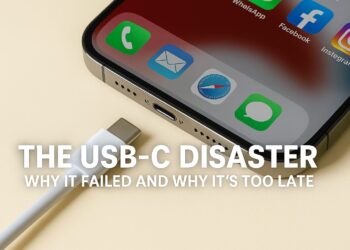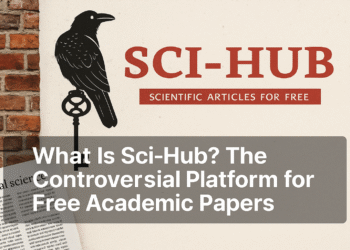Top Sci-Hub Alternatives in 2025 (And Why People Still Use Them)
Accessing academic papers remains a challenge for many — these platforms are still filling the gap in 2025.
Despite ongoing legal crackdowns, Sci-Hub remains a widely-used portal for accessing academic research without paywalls. But as digital censorship increases and legal pressure mounts, researchers and students in 2025 are turning to a range of alternative sources for academic content — some legal, some controversial.
1. Library Genesis (LibGen)
Library Genesis is perhaps the most well-known alternative to Sci-Hub. It hosts millions of scientific papers, books, and textbooks across disciplines. While its legality remains disputed, its global usage is massive.
2. Z-Library (ZLib) — Now Fragmented
Z-Library was once one of the most popular free eBook databases. While the original domain was seized in 2022, mirror sites continue to operate in 2025. Users now access ZLib content through various decentralized portals and private Telegram channels.
3. Unpaywall
For a fully legal option, Unpaywall offers a browser extension that helps users find open-access versions of research papers. It integrates with academic databases and is widely supported by universities.
4. Open Access Button
Open Access Button is another ethical and legal tool that searches for free, legal research articles across institutional repositories and open-access databases.
5. CORE.ac.uk
CORE aggregates millions of research papers from repositories around the world. It’s a trusted platform used by students, professors, and librarians globally.
6. ResearchGate & Academia.edu
While not exactly “alternatives,” ResearchGate and Academia.edu allow researchers to upload and share their publications. Many authors now directly share preprints or full texts on these platforms to increase reach.
7. Reddit Communities
Subreddits like r/scholar continue to function as request hubs for academic articles. Users post DOIs, and others with access often share PDFs privately.
Why People Still Use These Alternatives
The cost of accessing peer-reviewed journals remains high. Many students, independent researchers, and institutions in developing countries cannot afford journal subscriptions. Despite legal risks, Sci-Hub and its alternatives offer access to knowledge that would otherwise remain behind expensive paywalls.
Legal and Ethical Considerations
It’s important to recognize the fine line between open access and piracy. While platforms like Unpaywall promote legal access, others like LibGen and Sci-Hub continue to face international lawsuits. Users should weigh the risks and understand local laws before using any alternative.
Conclusion
The demand for academic access continues to push innovation — and controversy — in 2025. Whether through decentralized file sharing, open-access initiatives, or institutional reform, one thing is clear: information wants to be free.
Read our full breakdown of What is Sci-Hub 2025? to understand how this movement began and where it’s headed next.
Stay informed with WbTrends.com for more insight into digital access, knowledge politics, and tech disruption in education.








